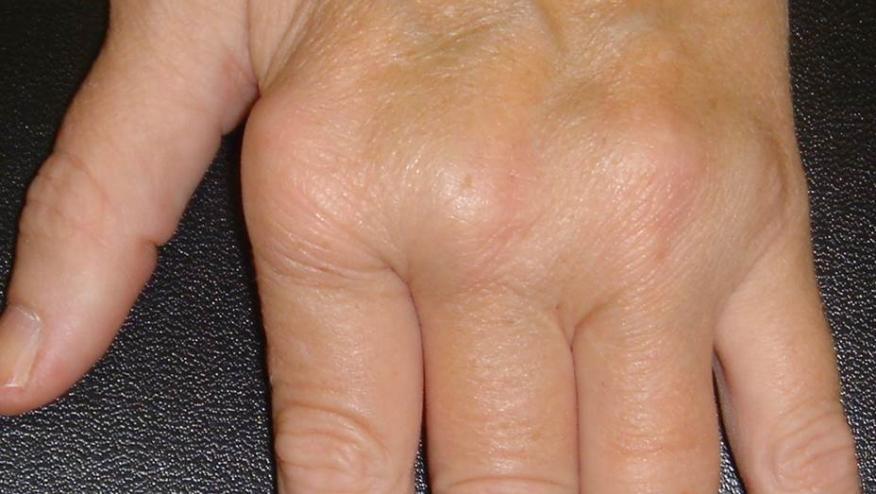Low Dose IL-2 Efficacy in Rheumatoid Arthritis Save

A novel biologic intervention trial has shown that subcutaneous, intermittent therapy with low-dose interleukin-2 (Ld-IL2) is potentially effective and safe in rheumatoid arthritis (RA).
Low-dose interleukin-2 (Ld-IL2) has been studied in a variety of autoimmune diseases (SLE, type 1 DM, Sjogrens, alopecia areata, etc) with promising results. Yet it is unclear if exogenous Ld-IL2 therapy would benefit (by boosting Treg activity) or hinder RA (by inhibiting Th17 cell proliferation).
The current trial enrolled 40 active patients on stable doses of methotrexate (MTX) an treated with either placebo or Ld-IL2, 1 million IU SC (three cycles of Ld-IL2 or placebo every other day for 2 weeks (a total of 7 doses). This was a 12-week trial with a 12-week follow-up. The primary endpoint was were the proportion of patients achieving the ACR20, DAS28-ESR <2.6, and the change from baseline in CDAI or SDAI at week 24.
ACR20 responses were greater in the Ld-IL2 + MTX group than placebo+MTX group at week 12 (70.6% vs 43.5%) and at week 24 (76.5% vs 56.5%) (P = 0.014). Similarly better CDAI and SDAI responses were seen at week 12 and 24 for the Ld-IL2 + MTX group ((P = 0.018 and P = 0.015, respectively).
Ld-IL-2 was well-tolerated in this study. There were no serious adverse events (AE). At least one AE was seen in 48% of Ld-IL2 and 38% of PBO patients. Common AE included transient fever and injection site reactions.
Baseline low Treg and high IL-21 were associated with better responses to Ld-IL2.
These results suggested that Ld-IL2 in RA merits further study.










If you are a health practitioner, you may Login/Register to comment.
Due to the nature of these comment forums, only health practitioners are allowed to comment at this time.